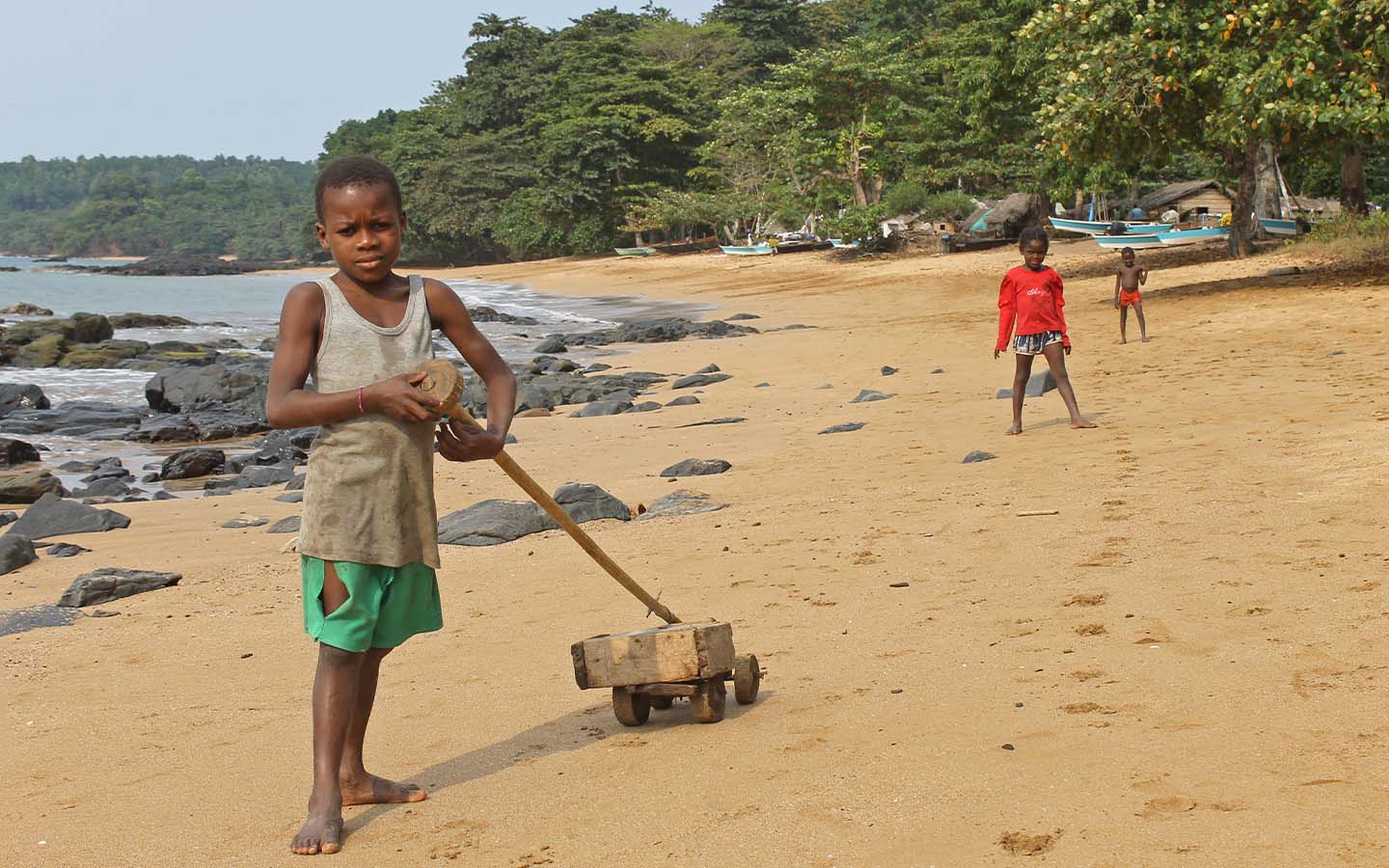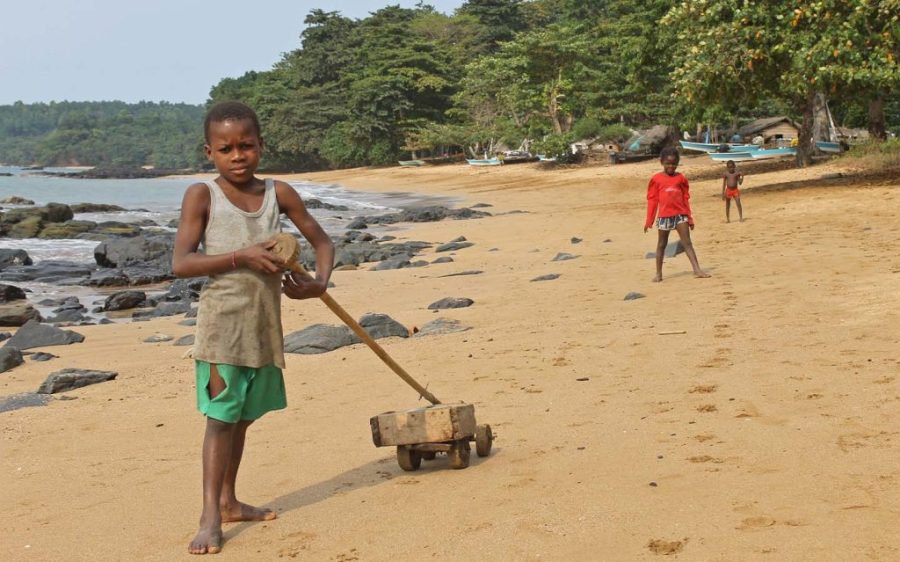An IMF delegation warned Wednesday that São Tomé and Príncipe’s debt was “at an extremely high level,” leaving the island nation without the funds to import necessary goods.
With debt and funds lacking, “the centre of our discussions and debates has to do with the need to close the financing gap,” explained mission head Slavi Slavov. The mission, which will remain in the country for another week, is part of the IMF’s preparations for a new extended credit facility agreement with the São Toméan government that began over a year ago.
Such funding comes with a price. According to the Lusa news agency, the IMF is demanding an increase in the price of fuel and electricity in exchange for the agreement, even as residents are overwhelmed by the value added tax instituted last June – tripling the cost of food and basic services – at the recommendation of the IMF.
[See more: São Tomé and Príncipe strengthens military ties with Russia]
As a small island nation with underdeveloped infrastructure – particularly expensive, unreliable electricity – São Tomé and Príncipe has long struggled with developing its economy. Last year, residents were faced with months of daily six-hour blackouts as state-owned water and electricity provider EMAE carried out desperately needed repairs.
São Tomé responded by handing over management of the Água Grande thermal power station to a Turkish investment company in December. The deal, praised by Slavov for ensuring the energy stability needed to maintain the economy, drew sharp criticism from São Tomé’s political opposition for its allegedly opaque terms.
The cost of imported fuel to run the station – around US$2 million each month – adds to the country’s economic woes.






